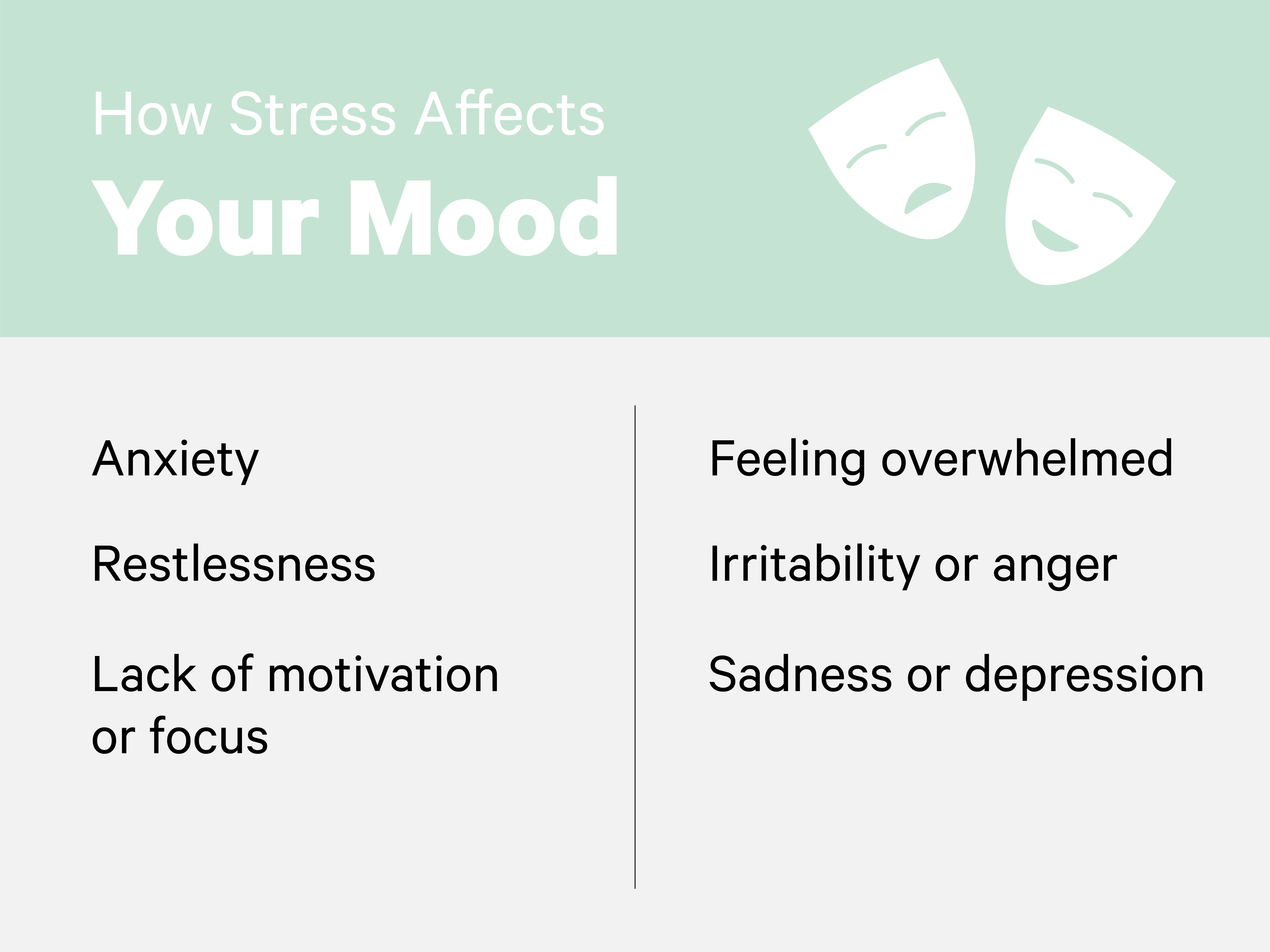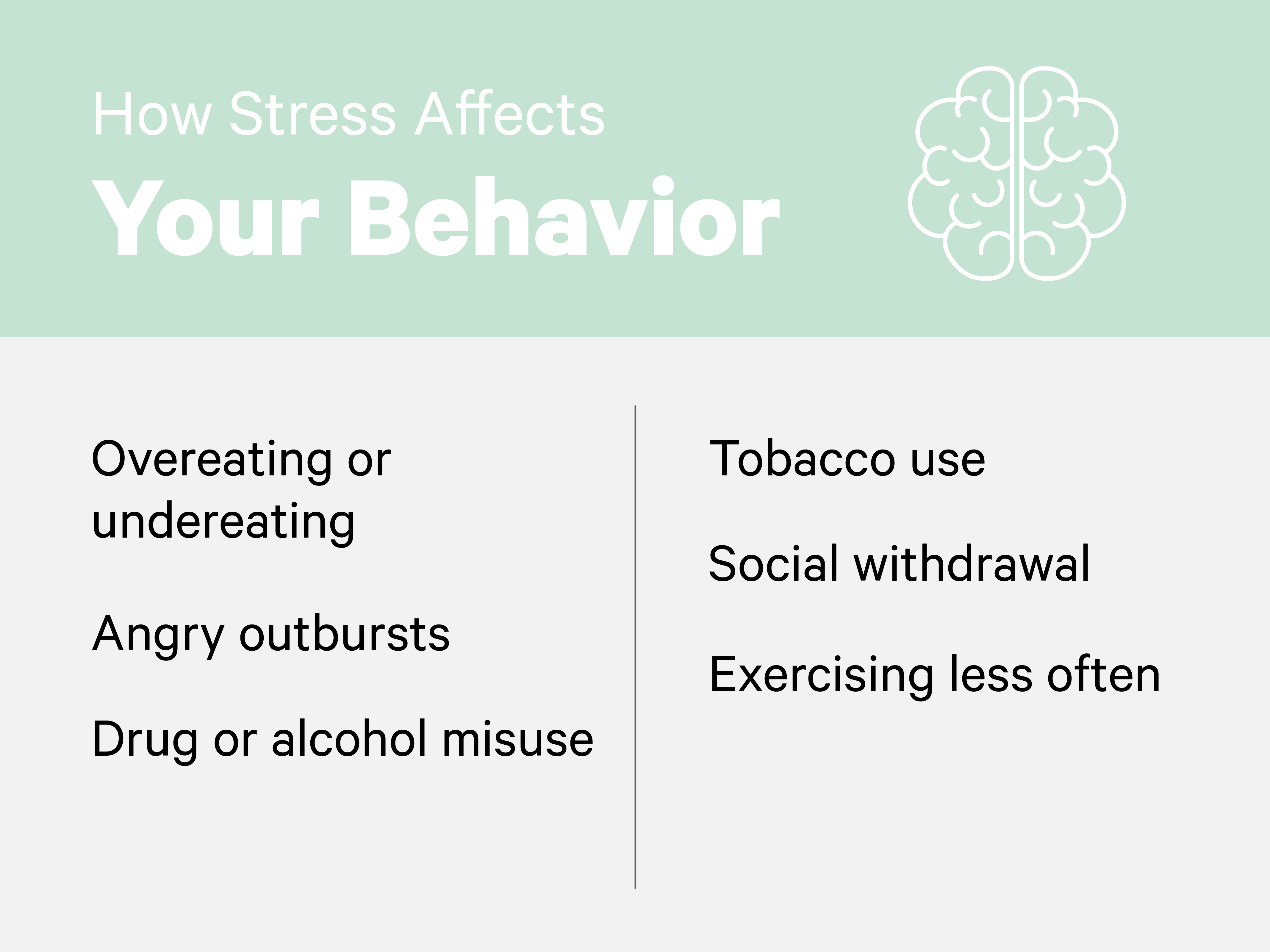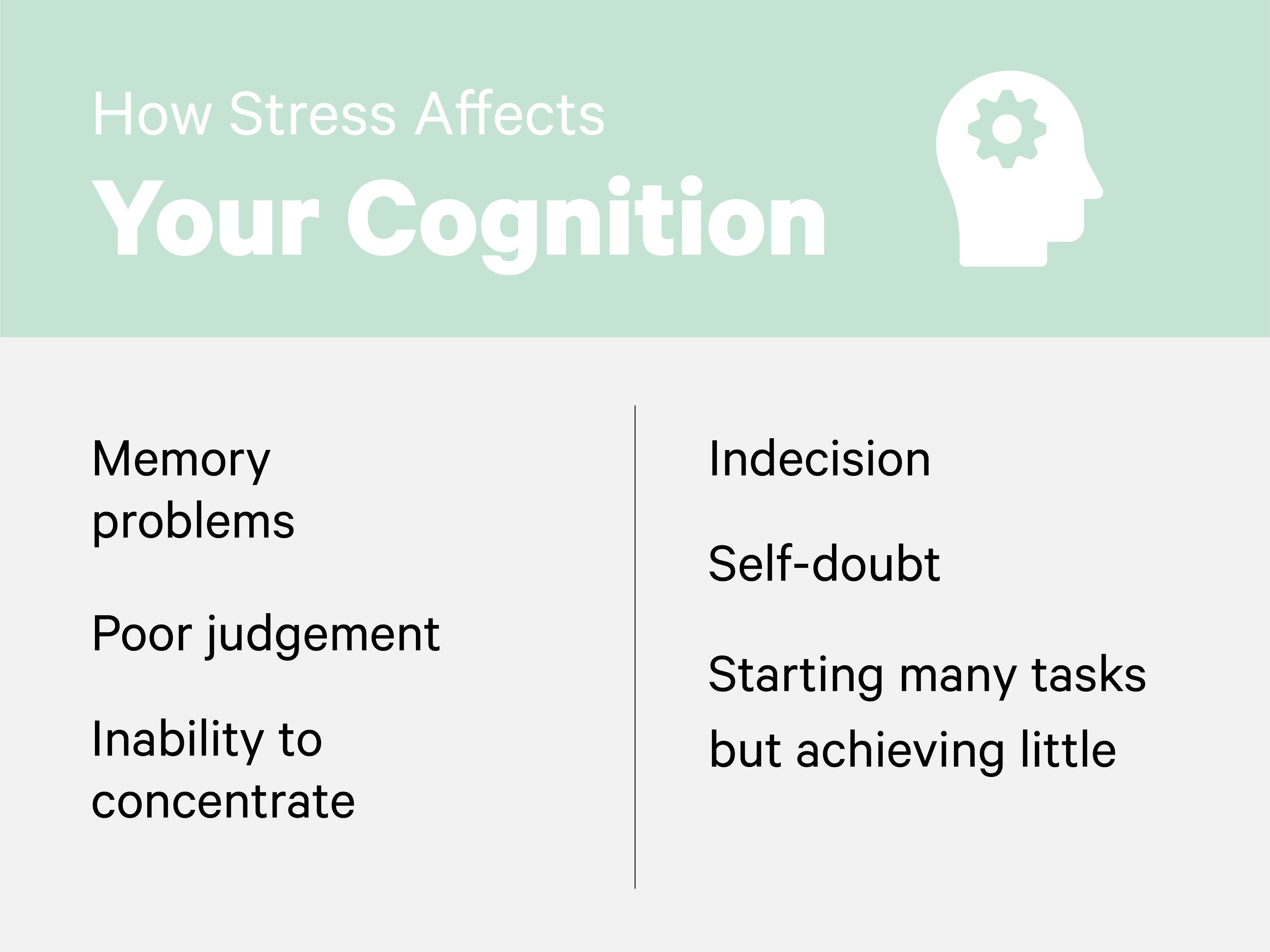Back to list
2020-08-24 11:19:38

Most people experience stress from time
to time depending on the situation/moment they have to face. In our today’s
modern society, stress has become a “normal” part of our daily life. The World
Health Organization states that stress has become a worldwide epidemic with an
increasing number of people suffering from stress-induced diseases’ such
as high blood pressure, obesity, diabetes etc.
MSH China has decided to interview Selina
Lin, experienced mental health counselor from Jiahui
Wellness Center with many years of experience in counseling in the
areas of stress and emotional management, crisis intervention, marriage,
parenting, depression/anxiety and so on.


 There are many stress triggers but they can greatly
differ from person to person. Generally speaking, stress comes from
work and life challenges. However, sometimes the stress comes from inside.
You can stress yourself out just by worrying about things.
There are many stress triggers but they can greatly
differ from person to person. Generally speaking, stress comes from
work and life challenges. However, sometimes the stress comes from inside.
You can stress yourself out just by worrying about things.
Work stress related causes can be being
unhappy in your job, working long hours, having poor management, being insecure
about your chance for advancement or risk of termination etc.
Life stressors also have a big impact such as the
death of a loved one, divorce, loss of a job, getting married, taking care of
an elderly or sick family member, etc.
Inside stress factors:
- Fear &
uncertainty – We live in a world that we are not able to control. The
sense of not being in control can make some people feel stressed.
- Attitudes &
perceptions – How you view the world or a particular situation can
determine whether it causes stress.
- Unrealistic
expectations – No one is perfect. If you expect to do everything right
100% of time, you’re destined to feel stressed especially when things don’t go
as expected.
- Changes – Any
major life change can be stressful. Even a happy event like a wedding or a job
promotion.
Your stress level will differ based on
your personality and how you respond to situations.

 Stress affects your body, thoughts, feelings and
behaviors. Moreover, if you don’t manage your stress level this can
contribute to many health problems such as high blood pressure, heart disease,
obesity and diabetes.
Stress affects your body, thoughts, feelings and
behaviors. Moreover, if you don’t manage your stress level this can
contribute to many health problems such as high blood pressure, heart disease,
obesity and diabetes.




When working properly,
stress helps you stay focused, energetic, and alert. In emergency
situations, stress can save your life—giving you extra strength to defend
yourself, for example, or spurring you to slam on the brakes to avoid a car
accident.
However, beyond a
certain point, stress stops being helpful and starts
causing major damage to your health, mood, productivity, relationships, and
your quality of life. It’s then important to be aware of stress symptoms
mentioned above. If you frequently find yourself feeling frazzled and
overwhelmed, it’s time to take action to bring your nervous system back into
balance.
Indeed, stress
whether chronic (long term damaging stress associated with poverty, chronic
diseases, dysfunctional families, trapped in an unhappy marriage or in a
disliked job etc.) or acute (losing a job or the death of a loved one) might greatly increase the risk of
depression in susceptible people.

 One of key points is to be aware of your body
energy level and have regular rest to reenergize your body. The rest
can be just a few minutes of breathing/mindfulness exercise which can
reenergize you. Regular physical exercises will be very helpful.
One of key points is to be aware of your body
energy level and have regular rest to reenergize your body. The rest
can be just a few minutes of breathing/mindfulness exercise which can
reenergize you. Regular physical exercises will be very helpful.